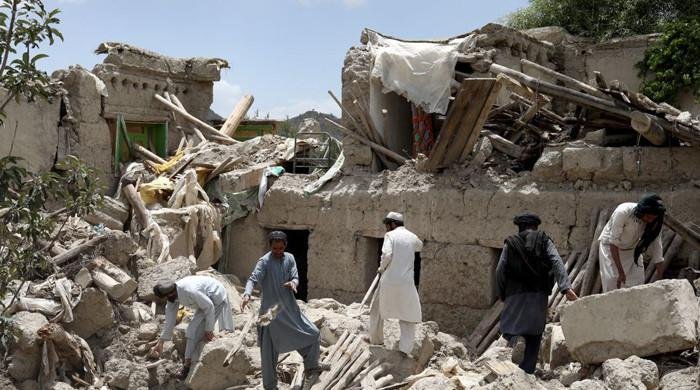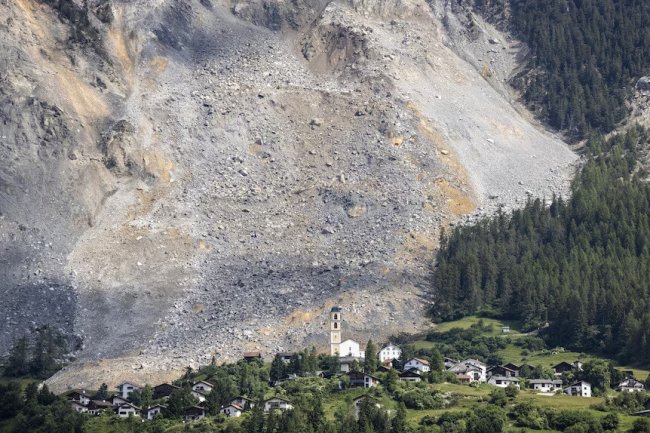Western Afghanistan Earthquake Spurs New Exodus
A big earthquake, measuring 6.3 on the scale, caused the death of two people in western Afghanistan on Sunday.

A big earthquake, measuring 6.3 on the scale, caused the death of two people in western Afghanistan on Sunday. This led to damaged prisons being evacuated, and residents running away from a region that has already seen over 1,000 people lose their lives in the past week due to continuous tremors.
Starting on October 7, a series of powerful earthquakes have struck Herat province, leveling entire villages, burying families, and leaving thousands without homes just as winter is approaching.
In the rural Injil district, close to where Sunday's earthquake originated, a 64-year-old man named Rustam barely escaped when the shaking destroyed the rest of his home and buried the things he was trying to save around 8:00 am. He described it as a terrifying and loud noise, like a bomb blast.
His neighbor, Khudadad, also saw his hopes of fixing his house crushed as it turned to rubble. Many people feel hopeless, like they're in a ruined desert with nowhere to go.
Doctors Without Borders reported two more deaths and 154 injuries at Herat Regional Hospital, with patients being treated outside under gazebos. People are panicked and traumatized, and they don't feel safe in their own homes.
The epicenter of the most recent earthquake was 33 kilometers northwest of Herat city, with aftershocks following, including one with a magnitude of 5.4. Officials released over 528 prisoners in Herat and neighboring Badghis provinces due to the risk of jail buildings collapsing from earthquake damage. Many residents have left Herat city to escape potential aftershocks.
Oxford University seismologist Zakeria Shnizai warned of more tremors in the coming days, explaining that aftershocks happen as rocks and faults readjust after the main earthquake.
The series of earthquakes began on October 7, with a 6.3 tremor and eight powerful aftershocks that devastated rural villages northwest of Herat city. The Taliban government reported over 1,000 deaths, while the World Health Organization put the figure at nearly 1,400. Another earthquake of the same intensity killed one person and injured 130 more, with survivors relying on tents for shelter.
The WHO stated that nearly 20,000 people have been affected by these disasters, with women and children being the most affected, and aftershocks are keeping them in a state of constant anxiety and fear.
Afghanistan often experiences earthquakes due to the Arabian and Eurasian tectonic plates colliding. Providing shelter on a large scale is a challenge for Afghanistan's Taliban authorities, who took control in August 2021 and have strained relationships with international aid organizations. The country is already facing a severe humanitarian crisis due to the withdrawal of foreign aid after the Taliban's return to power.
What's Your Reaction?
















